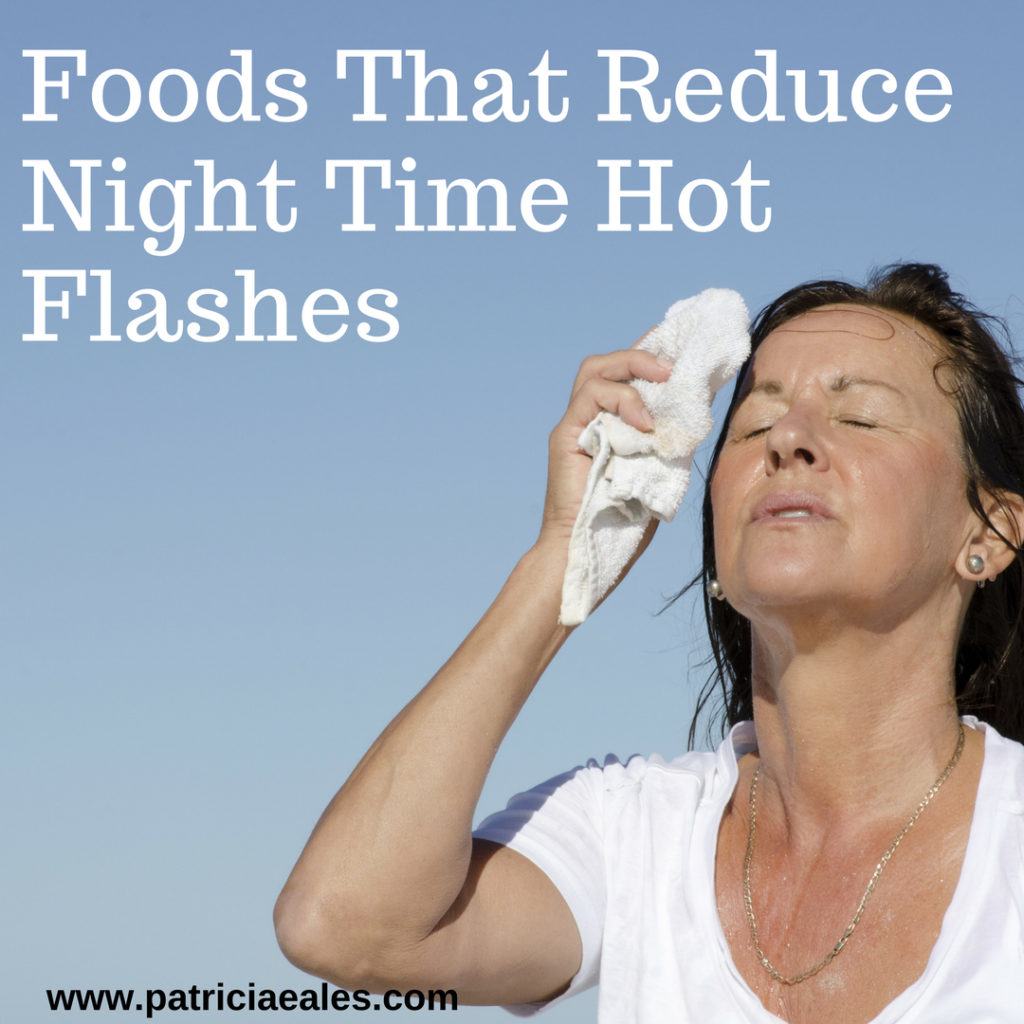What can you take for hot flashes – Hot flashes, an uncomfortable and disruptive symptom often associated with menopause, can significantly impact daily life. Understanding the various treatment options available, both hormonal and non-hormonal, is crucial for managing these bothersome episodes effectively. This comprehensive guide explores what you can take for hot flashes, providing insights into their effectiveness and potential side effects, empowering you to make informed decisions about your health.
From herbal supplements and lifestyle modifications to hormonal therapies and complementary approaches, this article delves into the multifaceted strategies for alleviating hot flashes. Discover practical tips and research-backed recommendations to help you regain control and improve your overall well-being during this transitional phase.
Overview of Hot Flashes

Hot flashes are a common symptom of menopause, a natural transition in a woman’s life. They are characterized by a sudden feeling of intense heat that spreads over the body, often accompanied by sweating, redness, and a rapid heartbeat.
Hot flashes are caused by changes in hormone levels, particularly estrogen. As estrogen levels decline during menopause, the body’s ability to regulate temperature is disrupted, leading to these episodes.
Impact on Daily Life
Hot flashes can have a significant impact on daily life, interfering with sleep, concentration, and social interactions. They can cause discomfort, embarrassment, and affect overall well-being.
Non-Hormonal Treatment Options
Non-hormonal treatments for hot flashes offer alternatives to hormone replacement therapy (HRT). These remedies focus on managing symptoms without altering hormone levels.
Herbal Supplements, What can you take for hot flashes
- Black cohosh: Anecdotal evidence suggests it may reduce hot flash frequency and severity.
- Red clover: Contains isoflavones, plant compounds that mimic estrogen and may alleviate symptoms.
- Ginseng: May regulate body temperature and reduce stress, potentially mitigating hot flashes.
Lifestyle Modifications
- Weight loss: Excess weight can contribute to hot flashes. Losing weight may reduce their intensity.
- Exercise: Regular physical activity improves circulation and can reduce hot flash frequency.
- Stress management: Stress can trigger hot flashes. Techniques like yoga, meditation, or deep breathing can help manage stress levels.
- Avoid caffeine and alcohol: These substances can dilate blood vessels and worsen hot flashes.
- Wear loose, breathable clothing: Avoid synthetic fabrics that trap heat and opt for natural fibers like cotton or linen.
Behavioral Therapies
- Cognitive behavioral therapy (CBT): CBT helps individuals identify and change negative thoughts and behaviors that contribute to hot flashes.
- Mindfulness-based stress reduction (MBSR): MBSR teaches techniques for managing stress and reducing the impact of hot flashes.
Hormonal Treatment Options
Hormonal therapies can be effective in reducing the severity and frequency of hot flashes. They work by replacing the hormones that are lost during menopause.
There are two main types of hormonal therapies: estrogen-only therapy and estrogen-plus-progestin therapy.
Estrogen-Only Therapy
- Benefits:Effective in reducing hot flashes, night sweats, and vaginal dryness.
- Risks:May increase the risk of endometrial cancer, blood clots, and heart disease.
- Dosage:Typically taken orally in pill form.
- Administration:Once or twice daily.
- Potential side effects:Nausea, breast tenderness, headaches, and mood changes.
Estrogen-Plus-Progestin Therapy
- Benefits:Effective in reducing hot flashes, night sweats, and vaginal dryness. May also protect against endometrial cancer.
- Risks:May increase the risk of blood clots and heart disease.
- Dosage:Typically taken orally in pill form or as a transdermal patch.
- Administration:Once or twice daily for pills, weekly for patches.
- Potential side effects:Nausea, breast tenderness, headaches, and mood changes.
The decision of whether or not to take hormonal therapy for hot flashes should be made in consultation with a healthcare provider. They can discuss the benefits and risks of each option and help you determine the best course of treatment.
Complementary Therapies
In addition to medical treatments, complementary therapies offer alternative approaches to alleviate hot flashes.
These therapies focus on relaxation techniques, stress reduction, and holistic well-being, potentially providing relief from the discomfort and disruption caused by hot flashes.
Acupuncture
Acupuncture, an ancient Chinese medicine practice, involves inserting thin needles into specific points on the body. Studies have suggested that acupuncture may reduce hot flash frequency and severity.
A study published in the Journal of Acupuncture and Meridian Studies found that acupuncture reduced hot flash frequency by 50% and severity by 40% in postmenopausal women.
Massage Therapy
Massage therapy involves applying pressure and manipulation to the body’s soft tissues. Massage can promote relaxation, reduce stress, and improve circulation, which may alleviate hot flashes.
A study conducted by the University of Pennsylvania found that massage therapy significantly reduced hot flash frequency and duration in women undergoing chemotherapy.
Mindfulness Techniques
Mindfulness techniques, such as yoga, meditation, and deep breathing exercises, focus on promoting present-moment awareness and reducing stress. These practices may help regulate body temperature and reduce the intensity of hot flashes.
A study published in the journal Menopause found that mindfulness-based stress reduction significantly reduced hot flash frequency and severity in postmenopausal women.
Lifestyle Modifications

Lifestyle changes can significantly reduce the severity and frequency of hot flashes. Implementing these modifications can improve overall well-being and enhance quality of life during menopause.
Key lifestyle modifications include:
- Diet:Consuming a balanced diet rich in fruits, vegetables, and whole grains can help regulate body temperature and reduce inflammation, which may contribute to hot flashes.
- Exercise:Regular exercise can improve circulation, reduce stress levels, and boost endorphin production, which can help alleviate hot flashes.
- Stress management:Techniques such as yoga, meditation, and deep breathing exercises can help reduce stress and anxiety, which can trigger hot flashes.
- Maintaining a healthy weight:Excess weight can contribute to hot flashes by increasing body fat, which produces more heat.
- Getting enough sleep:Sleep deprivation can worsen hot flashes. Aim for 7-9 hours of quality sleep each night.
When to Seek Medical Advice: What Can You Take For Hot Flashes
Hot flashes are a common symptom of menopause, but they can also be a sign of an underlying medical condition. It’s important to seek medical advice if you experience any of the following:
- Hot flashes that are severe or debilitating
- Hot flashes that occur more than 10 times per day
- Hot flashes that last for more than 5 minutes
- Hot flashes that are accompanied by other symptoms, such as chest pain, shortness of breath, or dizziness
Hot flashes can be a sign of a number of different medical conditions, including:
- Thyroid problems
- Pituitary gland disorders
- Cancer
- Medications
If you’re experiencing hot flashes, it’s important to see a doctor to rule out any underlying medical conditions.
Ultimate Conclusion

Managing hot flashes requires a holistic approach that considers both hormonal and non-hormonal interventions. By exploring the diverse treatment options Artikeld in this guide, you can find tailored solutions that effectively alleviate your symptoms and enhance your quality of life.
Remember, you are not alone in this journey, and with the right strategies, you can overcome the challenges of hot flashes and embrace a more comfortable and fulfilling life.
Common Queries
Can herbal supplements help with hot flashes?
Yes, certain herbal supplements, such as black cohosh, red clover, and evening primrose oil, have shown promise in reducing hot flash frequency and severity. However, it’s important to consult with a healthcare professional before taking any supplements, as they may interact with other medications or have potential side effects.
What lifestyle changes can I make to reduce hot flashes?
Lifestyle modifications, such as maintaining a healthy weight, getting regular exercise, managing stress, and avoiding triggers like caffeine and alcohol, can help reduce the intensity and frequency of hot flashes.
When should I seek medical advice for hot flashes?
If hot flashes are severe, persistent, or accompanied by other symptoms such as chest pain, shortness of breath, or irregular heartbeat, it’s essential to seek medical attention promptly, as they could indicate an underlying medical condition.